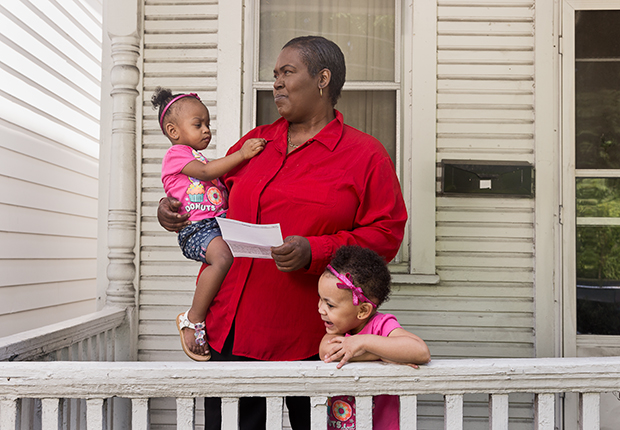AARP Eye Center

By Cristina Rouvalis
When a sales representative for an electricity supply company came to her Greensburg home in 2013 promising lower bills, Ronel Baccus said she would consider it. Although she never signed up, she said the alternative energy supplier switched her service over without her knowledge.
Baccus, 51, suffered sticker shock as her electric bills climbed from $60 to $260 a month. She has asked the Pennsylvania Utility Law Project to help her get a refund for those higher bills, but the case has not been resolved. She eventually was able to go back to her original electricity supplier.
“It was not a good experience,” Baccus said.
Since the restructuring of the industry in Pennsylvania 20 years ago, state residents have had the right to choose their electricity supplier.
The results have been mixed. Some people, like Baccus, have paid significantly more with alternative suppliers. Others have saved money. The majority—two-thirds of Pennsylvania residents—have done nothing and stayed with their default electric company, which also provides the system’s poles and wires.
Before 1997, Pennsylvania electric companies owned power generating plants and distributed that power. But the passage of the Electricity Generation Customer Choice and Competition Act broke the market into power distributors and a host of new suppliers.
“For people who had the time, it gave them the chance to shop for a better deal or gave them the option to use green energy, wind-powered or solar-powered energy,” said Ray Landis, AARP Pennsylvania advocacy manager.
The good and the bad
“That’s the good side of the ledger,” Landis said. “The bad side is that some people have been taken advantage of when some companies pushed variable rates.” Those customers have sometimes been stuck with skyrocketing rates, including during the extreme cold weather of 2014.
Given the risks, Landis said, “We discourage people from choosing variable rates,” which can become more expensive after a cheap introductory rate.
Consumers overall have reaped the benefits of competition, said Sonny Popowsky, a member of the AARP Pennsylvania Executive Council and former consumer advocate of Pennsylvania. The law prompted the major utility companies to sell expensive nuclear power plants and buy electricity in a competitive market.
“Rates are down. You don’t have to shop for electricity to get the benefits of wholesale competition,” he said.
There have also been horror stories about unethical practices in the wide-open market. Some echo the experience of Baccus, who said she was switched without her permission, a process called slamming.
The Public Utility Commission strictly prohibits slamming. It has fined companies and gotten refunds for some consumers, who can file complaints through the PUC’s Utility Consumer Hotline at 800-692-7380. Other power suppliers have been criticized for aggressive marketing and pressuring consumers to switch.
To compare utility rates, go to papowerswitch.com, which allows consumers to sort by parameters such as cost or fixed versus variable rates, or contact the Office of Consumer Advocate at oca.state.pa.us or 800-684-6560.
Cristina Rouvalis is a freelance writer based in Pittsburgh.































































